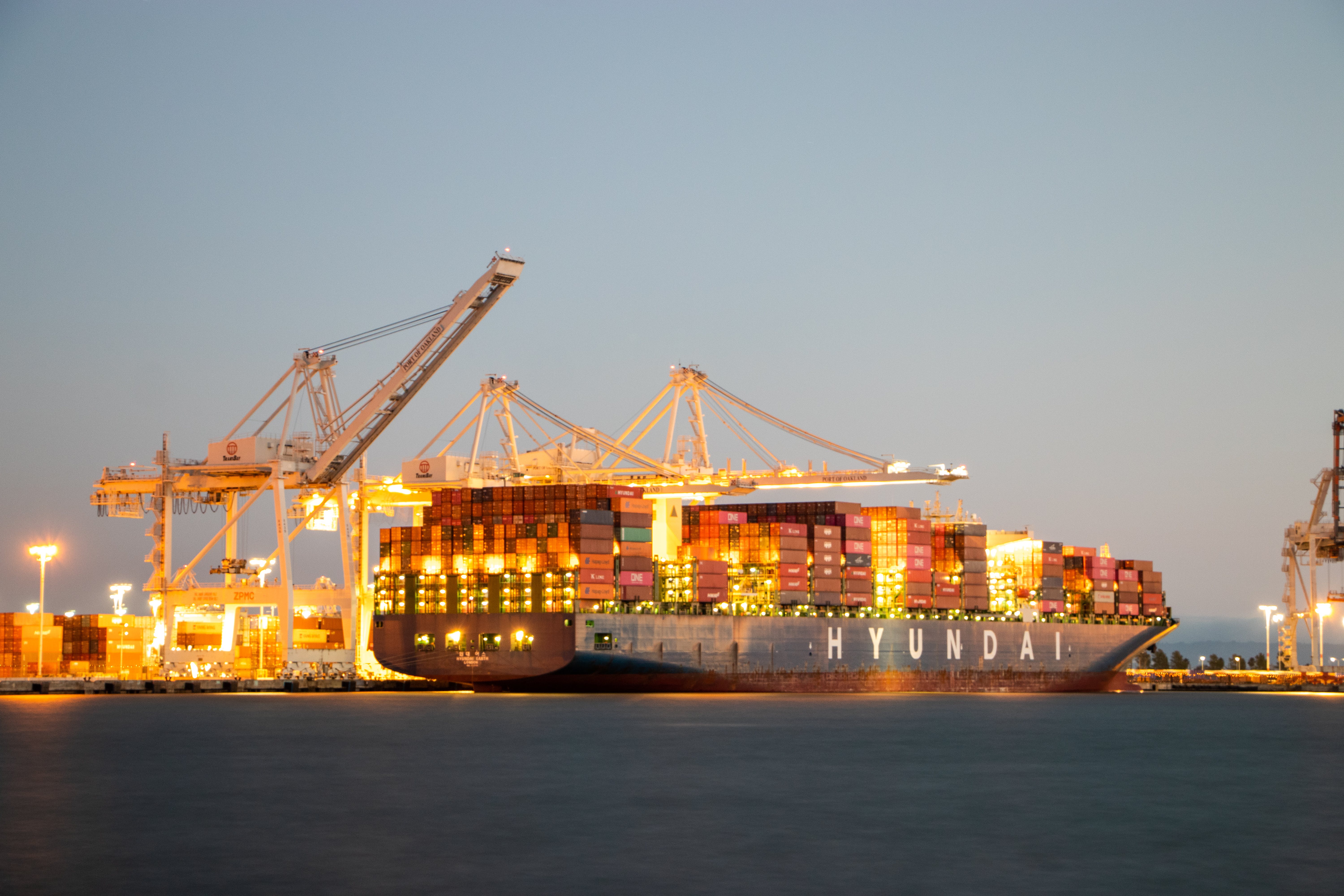A war of iron swords: the challenges in the fields of import and export

Import and Export Challenges During Operation Protective Edge
Operation Protective Edge has created significant challenges in the import and export sectors. Many companies in Israel rely on foreign trade, and the war has led to a substantial increase in transportation costs, difficulties in finding alternative suppliers, and concerns about physical damage to goods.

Main Challenges
The main import and export challenges during Operation Protective Edge include:
- Significant increase in transportation costs: The war has caused a significant reduction in the supply of cargo ships and vessels, leading to a substantial increase in shipping prices. This increase affects all industries, but it is particularly prominent in industries where transportation costs constitute a significant portion of the final product cost, such as the energy, industrial, and logistics sectors.
- Difficulties in finding alternative suppliers: The war has led to the cessation of imports from many countries, such as Iran, Russia, and other countries in the region. Many companies are forced to find alternative suppliers, but this is a complex process that can take a long time.
- Fear of physical damage to goods: The war raises concerns about physical damage to goods during transportation. Many companies are forced to pay for additional insurance to protect their goods.
Possible Solutions
There are several possible solutions to address the import and export challenges during Operation Protective Edge:
- Creativity in choosing transportation routes: Companies can choose alternative routes for transporting their goods, such as using border crossings with Jordan or Egypt, or using air freight.
- Using local suppliers: Companies can try to find local suppliers for the goods they import or develop new products based on local raw materials.
- Increasing logistical independence: Companies can invest in logistical independence, such as establishing warehouses or acquiring a fleet of trucks.
Transportation Solutions
Regarding transportation solutions, the following solutions can be offered:
- Using the border crossings with Jordan and Egypt: The border crossing with Jordan is an alternative option for transporting goods from Europe and Asia to Israel.
However, this crossing is slower than sea transport, and there are limitations on the types of goods that can be transported through it.
The border crossing with Egypt is another alternative option, but it is subject to greater security pressure. - Using air freight: Air freight is a more expensive option than sea freight, but it is faster and has a lower risk of physical damage.
- Using sea transport through other ports: Companies can try to find shipping suppliers who agree to transport goods to other ports, such as Malta or Cyprus.
It is important to note that there is no single solution that will solve all the import and export challenges during Operation Protective Edge. Companies will need to choose the solutions that best suit their needs.
Creativity in Choosing Transportation Routes
Specific recommendations for creative selection of transportation routes include:
- Using the border crossings with Jordan or Egypt: The border crossing with Jordan is the most creative option, as it allows companies to connect to international trade networks through Mediterranean seaports.
However, it is important to remember that this crossing is slower than sea transport, and there are limitations on the types of goods that can be transported through it. - Using air freight: Air freight is a more expensive option than sea transport, but it is faster and has a lower risk of physical damage.
However, it is important to remember that air freight is not suitable for all types of goods, such as large or heavy goods. - Using sea transport through other ports: Companies can try to find shipping suppliers who agree to transport goods to other ports, such as Malta or Cyprus.
However, it is important to remember that sea transport through other ports may be more expensive and time-consuming.
Using Local Suppliers
- Searching for local suppliers for the goods that the company imports: Companies can try to find local suppliers for the goods they import, such as suppliers of raw materials, components, or finished products.
However, it is important to remember that finding local suppliers may be difficult, especially for unique or expensive goods. - Developing new products based on local raw materials: Companies can try to develop new products based on local raw materials.
However, it is important to remember that developing new products is a complex process that can take a long time.
Increasing Logistical Independence
- Establishing warehouses: Establishing warehouses can help companies maintain sufficient inventory of goods to cope with delays in transportation.
- Acquiring a fleet of trucks: Acquiring a fleet of trucks can help companies improve their efficiency in the areas of distribution and delivery.
Summary
These recommendations are just some of the options available to Israeli companies facing import and export challenges during Operation Protective Edge.
Companies will need to choose the solutions that best suit their needs, considering various factors, such as the type of goods, the target market, and the budget.
Contact us for a consultation!
The information presented here is for informational purposes only and should not be relied upon as professional advice.


